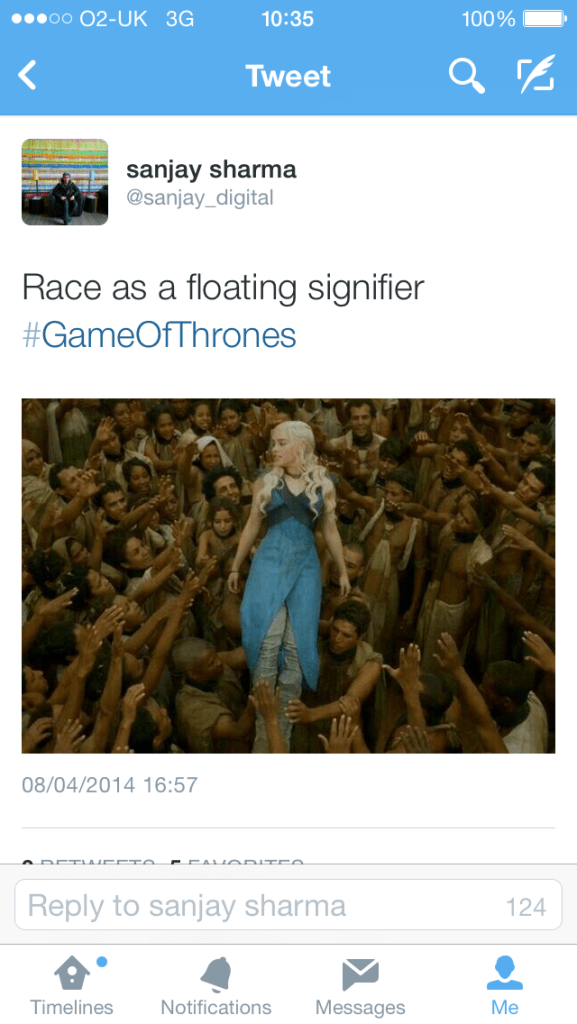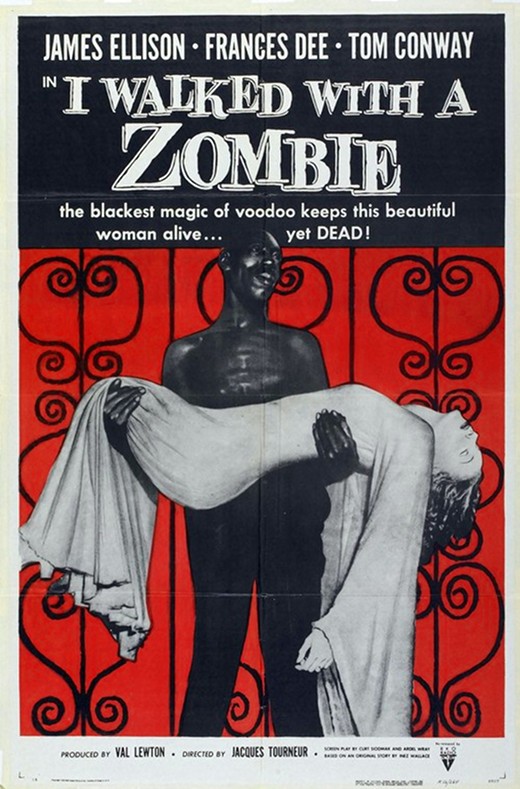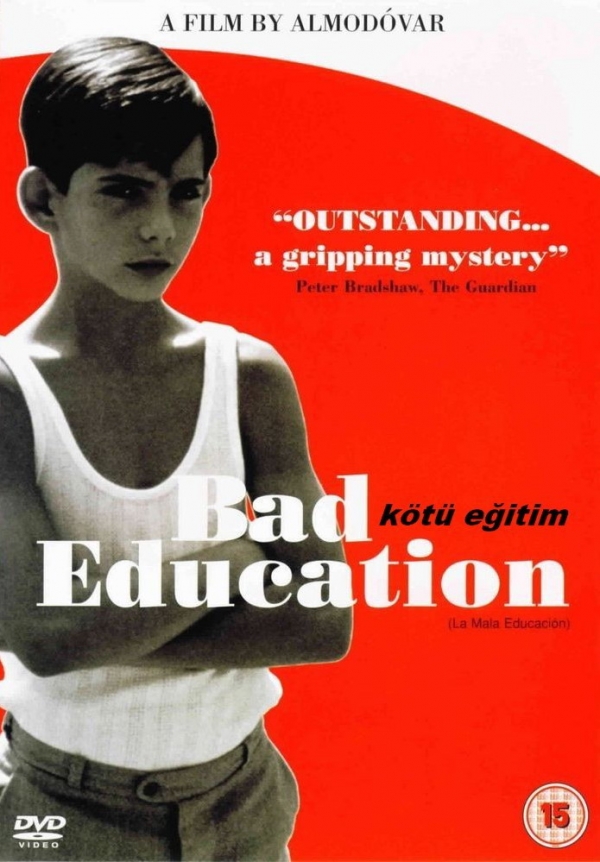A guest post from Clive Gabay – who has visited with us before – on his recent experience of academic freedom.
In October 2020 I was informed that an article I had written on anti-Corbyn forces in and around the Labour Party, and the ways they relied on racializing articulations of ‘Jews’ in their professed ‘love’ for the Jewish community, had been accepted for publication in a peer-reviewed journal. There was one caveat; because of the ‘sensitivity’ of the topic, the editors just wanted to pass the article by the publisher’s legal team. This was to ensure that the editors would be financially protected if someone brought a vexatious case against the journal.
Throughout the subsequent 18 months of to-ing and fro-ing with the publisher’s legal team, the journal’s editors were incredibly supportive, and as exasperated as I became by the various turns the tale started to take. The categorisation of the article as dealing with a ‘sensitive’ topic was one that would however come to be the undoing of what had been decided by three anonymous reviewers to be a publishable article and a contribution to knowledge. I’ll return to the implications of this shortly. First, some details on what unfolded over the following 18-month period, which led to the article finally being pulled from the journal and deemed unpublishable.
In March 2021, four months after acceptance, the publisher’s legal team wrote back that the topic was indeed ‘sensitive’. The article named individuals via their publicly available statements, and the legal advice was that there was a risk that some of these people could sue. At the same time, in the legal team’s opinion, “the article as it stands is open to accusations of political score-settling against Corbyn critics and a lack of good faith”. Well indeed. While I aspire to always write in good faith, I tend to draw the line at those who make racist statements, and facilitate racist governments, and who do so in the name of a community to which I belong. This became more of an issue subsequently, when the legal team also tried to retreat from making any editorial suggestions in the name of showing fidelity to academic freedom, thus leaving the question of legality in the unqualified hands of the journal editors and myself.
Continue reading






